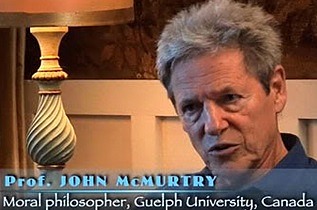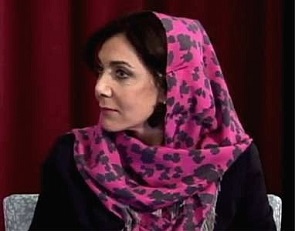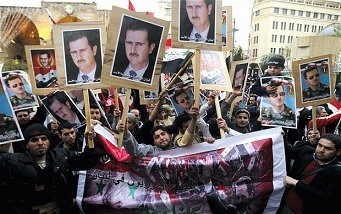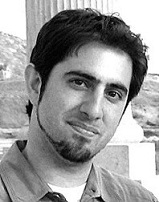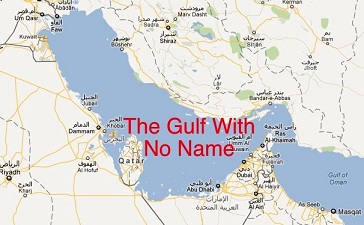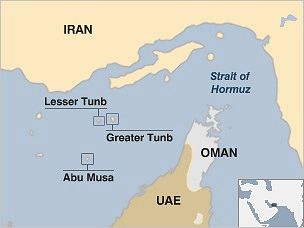The Us Government Is A Gigantic Mass-Murdering Machine
Kourosh Ziabari/Fars News Agency Interview With Prof. John McMurtry
World-renowned Canadian philosopher Prof. John McMurtry argues that the US and its ally, Israel, violate the laws against armed aggression, occupation and crimes against humanity at will, while other world states are either their accomplices or afraid of taking any move against them since they will risk being labeled a rouge or terrorist state otherwise.
Prof. John McMurtry says that the US government is a gigantic mass-murdering machine which earns profit through waging wars, and is never held accountable over its unspeakable war crimes and crimes against humanity. He also believes that the US has become a police state, which treats its citizens in the most derogatory manner.
“I have travelled alone with only backpack possession through the world, and have found no state in which police forces are more habituated to violent bullying, more likely to draw a gun, more discriminatory against the dispossessed, and more arbitrarily vicious in normal behavior,” said McMurtry. “The US now leads the globe in an underlying civil war of the rich against the poor.”
“The US can … detain, kidnap and imprison without trial or indictment any US citizen or other citizens anywhere by designating them enemies to the US,” Prof. John McMurtry noted in an exclusive interview with Fars News Agency.
According to the Canadian intellectual, the United States statesmen have long supported dictatorial and tyrannical regimes and even funded and armed the Nazi regime of Adolf Hitler in the period between 1939 and 1945.

























